Mitzel v. Vogel Law Firm Ltd., 11 N.W.3d 717 (2024)
Can you go after your attorney for his division of your property in a Divorce? Maybe, if it is actually your property in question.
Attorneys Make Mistakes Too
The Mitzel’s, Sharon and Fred, got married and subsequently had two sons, Alan and Eric. The couple was happy and thriving, living on a farm in North Dakota. During the marriage, Sharon and Fred decided to set up a Limited Liability Partnership (LLP) to manage their farm affairs. They subsequently transferred ownership of the farm to the LLP.
All was well, until a few years later when Fred filed for divorce. The parties were not as antagonistic as some, and were able to enter a Marital Settlement Agreement dividing the couple’s property. The parties were both represented by attorneys in these negotiations, Sharon being represented by Attorney Vogel.
The attorneys made a critical error in the division of the parties property – even though the farm was owned by the LLP, the Marital Settlement Agreement purported to devise the farm to Fred individually, to be passed on to Eric and Alan upon Fred’s death.
No one discovered this error until about 10 years later when Fred commenced a quiet title action against Sharon and the boys to designate the LLP as the sole owner of the farm. Sharon and the boys objected, asking the court to correct the “error” in ownership and designate Fred, and then Eric and Alan, as the true owners of this property.
The trial court declined to find an error – saying when a divorce agreement divides property that is not owned by the parties, this is not a simple clerical error – finding that the LLP was in fact the only true owner of the property.
Legal Malpractice Claim
Sharon and her sons, Eric and Alan, brought this legal malpractice claim against Attorney Vogel for his mistake in the division of the property. Their claim was based on their argument that Attorney Vogel’s negligence caused them to ‘lose’ the farm.
Did the sons have a right to participate in this legal malpractice case?
The trial court quickly dismissed Alan and Eric from the suit finding that they did not have standing to make this claim.
To the appeals court, Alan and Eric asked the court to find that when a party is an intended beneficiary under a contract, that party can sue for legal malpractice based on that contract. This would have been an extension of existing North Dakota law and the court declined to do so. So, Alan and Eric were out of luck.
What about Sharon’s claim?
Now Sharon obviously had standing. She was a party to the original marital settlement agreement, aka the contract – so that requirement is satisfied.
The sticky point of Sharon’s claim was whether she was able to prove a “loss”. Remember that a necessary element of a legal malpractice claim is that the plaintiff/former client must be able to prove that they were actually damaged in some way by the court’s action.
In this case, the farm was always owned by the LLP, at least it had been for years prior to the divorce. So at the time the divorce decree was entered, the farm was not actually Sharon’s to lose. Unfortunately this means that Sharon’s claim of legal malpractice was also denied.
This all would have been avoided if Attorney Vogel had done his due diligence and gotten a copy of the farm deed, which would have clearly shown that the property was owned by the LLP prior to finalizing the divorce settlement. So this is a situation where an attorney made a grave mistake in his negotiations of a divorce settlement, and the harmed client has no opportunity for recompense. Certainly not fair; but little is in love and divorce court.
Legal Disclaimer: The information on this blog is for general informational purposes only and does not constitute legal advice. It is based on current legal standards but does not create an attorney-client relationship. For advice specific to your situation, consult a qualified attorney.
The views expressed are those of the individual authors and do not reflect those of any affiliated organizations or a single Katz Law Firm lawyer or agent. The accuracy and applicability of the information may vary. The blog owner and authors assume no liability for actions taken based on this content. Always seek professional legal counsel before making any legal decisions.


















